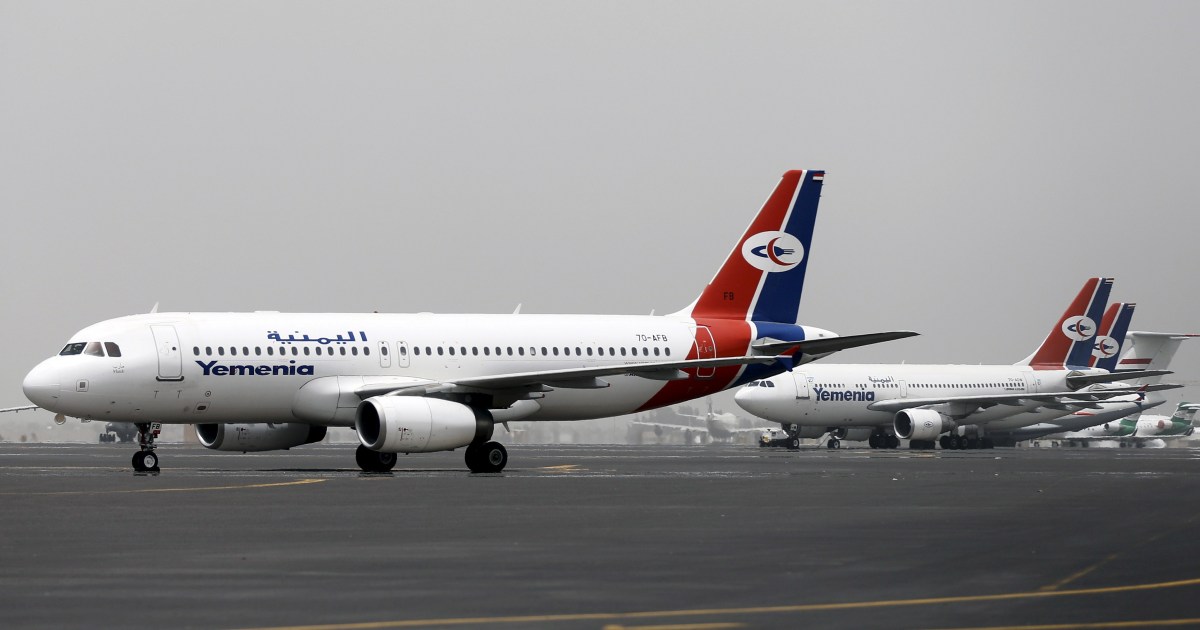The Minister of Information, Culture and Tourism in the Yemeni government, Muammar Al-Eryani, said that the Houthi group bears the responsibility for the failure to operate the first commercial flight from Sanaa International Airport to the Jordanian capital, Amman.
The minister said in a statement that the flight that was scheduled to start today, Sunday, faltered due to "the Houthi terrorist militia's failure to adhere to the agreement stipulating the approval of passports issued by the legitimate government."
He added, "The terrorist Houthi militia is trying to force 60 passengers on board the flight with unreliable passports issued by it, to exploit the flights during the two months of the truce to smuggle dozens of its leaders, leaders and experts of the Iranian Revolutionary Guard and the Lebanese Hezbollah, with fake names and forged documents."
In turn, Raed Jabal, Undersecretary of the Civil Aviation and Meteorology Authority under the control of the Houthis, said that the coalition countries refused to grant Yemeni Airlines permission to land the flight, which was scheduled to arrive at Sana'a International Airport on Sunday.
He added that the coalition countries repudiated their obligations, considering this a violation of the armistice announced by the UN envoy to Yemen.
Yesterday evening, Saturday, Yemeni Airlines announced that it could not start its first flights from Sanaa International Airport, on schedule, justifying this by not obtaining permits to operate its flights from the airport.
A truce and two trips
In two separate statements, the Yemeni government and the Houthi group announced the launch of the first commercial flights from Sanaa airport on April 24.
On April 1, the UN envoy to Yemen, Hans Grundberg, announced that the parties to the conflict had agreed to a two-month, extendable truce, which began the next day, with a previous welcome from the Saudi-led Arab coalition, government forces, and the Houthis loyal to Iran.
Among the most prominent provisions of the truce is the resumption of commercial flights through Sanaa Airport, with two flights per week, one to Egypt and the other to Jordan.
It is noteworthy that the airport has been closed to civilian flights by the Arab coalition since 2016, after accusing the Houthis of using it for military purposes, which the group denies.
For more than 7 years, Yemen has witnessed a continuous war between forces loyal to the legitimate government, backed by an Arab military alliance led by the neighboring Saudi Arabia, and the Iranian-backed Houthis, who control governorates, including the capital, Sanaa.

